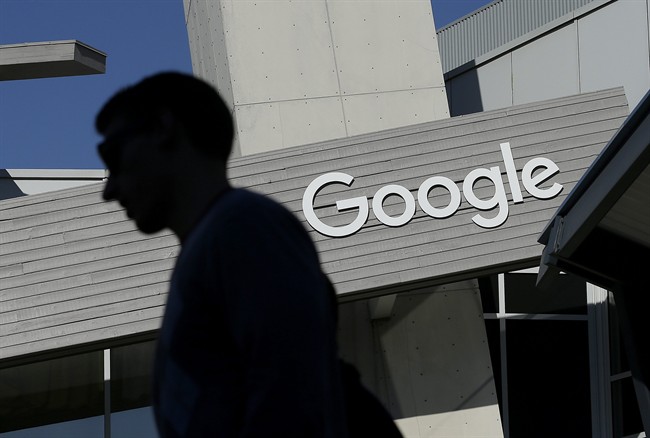Alphabet’s Google announced in a blog post Friday that it would no longer scan Gmail accounts to create personalized ads, a practice the tech giant has been criticized for in the past.

“Consumer Gmail content will not be used or scanned for any ads personalization after this change. This decision brings Gmail ads in line with how we personalize ads for other Google products,” read the blog post.
The decision was outlined in the post by Google cloud computing chief Diane Greene, who joined the company in 2015 and has been responsible for the rapid growth of Google‘s cloud business.
John Pracejus, an associate professor of marketing at the University of Alberta, says that this move is likely a response to the growing concern that people have about their privacy online.
“The increasing concern that people have about their privacy in general… has the knock-on effect of perhaps causing people to consider using alternative e-mail services. As you have an increasing number of alternatives and there’s quite a bit of competition in the space for ad-supported free e-mail, my guess is that part of the decision was based upon retention as well as gaining new users,” Pracejus explains.
Google has been vague about its data-collection practices in the past, but Pracejus adds that targeted advertisements are likely a common way for tech firms to finance free services, despite Google being the only one to outright admit doing so.
Another example of this practice can be seen in Google’s search service. Pracejus explains that Google stores our search terms to serve us targeted ads, which is why consumers often recognize the web ads they see from the websites they’ve been surfing. He assumes that a similar algorithm is used to identify key terms in e-mails.
“Many people are aware that your web searches are stored by them and used to serve ads to you and I assume they use a similar algorithm to look for key words in e-mails. I’m almost sure they have in place all kinds of safeguards to make sure people can’t actually read what you were communicating between your associates and your friends, but rather some sort of automated algorithm looking for keywords would be my guess as to what they have done,” he says.
In 2015, a PC World article named several popular companies who engage in this practice in some form, including Apple, Microsoft, Google and Facebook. The story calls it “the price of free,” and describes a number of platforms that rely on data collection for the purpose of selling advertisements.
“There are plenty of other companies who feel perfectly entitled to require you to hand over your personal info before they open their doors. On a day where Microsoft clarified what it does with your data to try and soothe your fears, a Bloomberg feature profiled Facebook’s “unblockable” ads, while a new Google program revealed that advertisers can now tune ads to who you are just by knowing your e-mail address. This is the price of free: free e-mail, free operating systems, free connecting with friends, free search,” wrote PC World.
According to Pracejus, there are likely many Gmail users who were never aware that this practice is taking place. However, there are also many that might not care regardless, adding that the younger generation is usually more comfortable with targeted ads than baby boomers or Gen X-ers.
“Some people are incredibly aware of it and some people are completely unaware of it. I also think there’s quite a variety in terms of how much people care about these things. Some people are very concerned with it and others are less so,” he says.
He compares the situation to advertiser-supported television.
“If you assume that the only way you can make money providing a free e-mail service is to do this, if the government steps in and regulates or prohibits this practice then that would mean there would be no free e-mail services. It’s much like the argument that’s gone on forever about advertiser-supported television. You could say we should eliminate advertising, but then there wouldn’t be a lot of media. There’s the question of striking a balance that consumers are okay with that leads to the continued existence of these businesses,” Pracejus explains.
Eventually, he says, there will likely need to be some kind of public regulation, or self-regulation by the industry, that meets the privacy needs of most digital media consumers. For those who are still uncomfortable, he says there are always traditional ISP based e-mail services or paid e-mail services that will promise not to sell user information for targeted ads.
Google will still show ads within Gmail. However, instead of scanning through email content, the company’s algorithms will rely on other factors to determine which ads will most appeal to each of its 1.2 billion Gmail users.
–With a file from Reuters.

















Comments